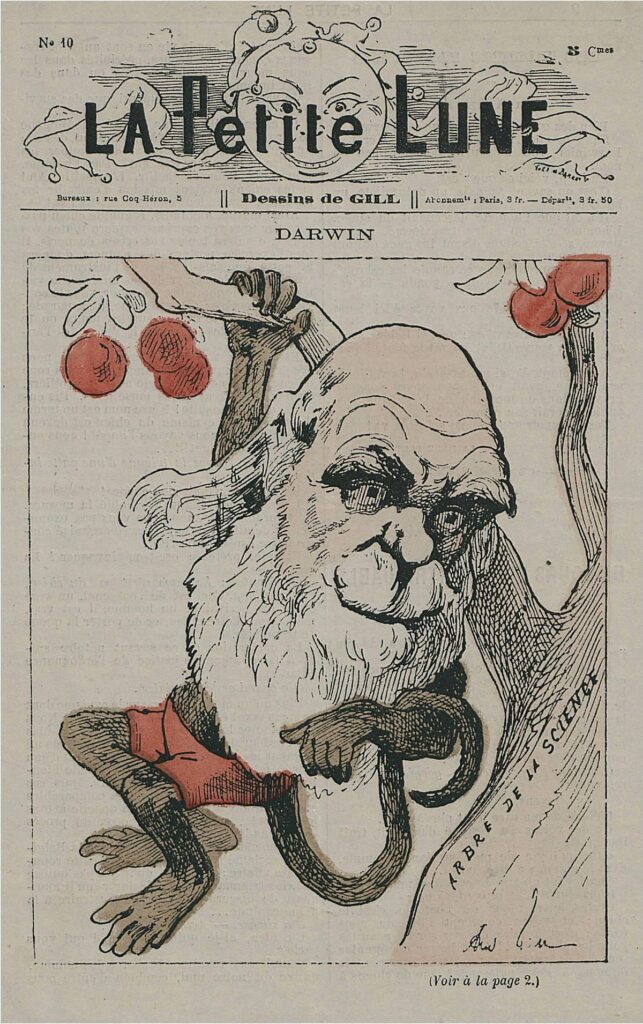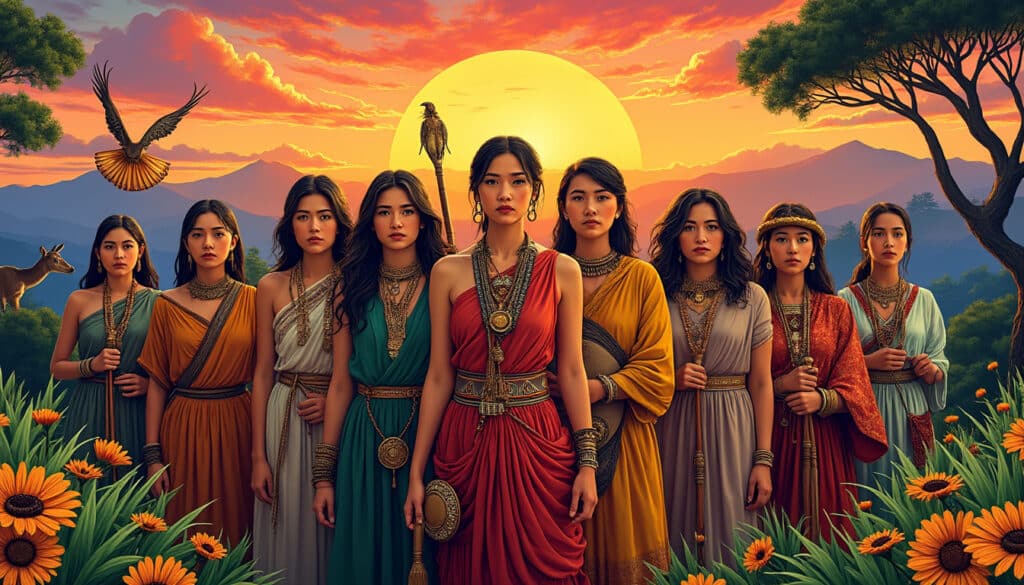In the fascinating universe of scientific expeditions, botanists explore distant lands, driven by the spirit of discovery that once guided Charles Darwin during his journey on the HMS Beagle. Among these modern pioneers, researchers tracing the footsteps of the famous naturalist retrace the path taken by Darwin to better understand the plant diversity of our planet. Equipped with an insatiable curiosity, they set out in search of new species, thus enriching our botanical knowledge and continuing the legacy left by great explorers. Each of their journeys opens a window onto mysterious and unknown ecosystems, perpetuating the tradition of scientific knowledge in constant evolution.
The search for a field botanist to follow the traces of Darwin evokes the spirit of naturalist missions of the 19th century, where intrepid scientists traversed the globe in quest of new plant species. Inspired by the work of Charles Darwin during his journey on the HMS Beagle, these contemporary expeditions aim to deepen our understanding of botanical diversity and its adaptive processes. Every year, groups of students undertake these journeys to collect essential scientific information, while engaging in a démarche of sustainable discovery and education. The mission carries the legacy of great explorers like Alexander von Humboldt, combining scientific curiosity and respect for our planet.

meet new plant species
Embarking on an expedition as a botanist to explore the undiscovered plant world is to relive the spirit of adventure of iconic figures like Charles Darwin. On the mysterious islands of the Galapagos, Darwin collected specimens that changed our understanding of biology. Today’s botanists are often commissioned by their countries to traverse unknown lands in search of still-unknown plants. It is a scientific quest but also a human adventure, reminiscent of the heroic eras of exploration and discovery. Current expeditions continue to draw inspiration from these past exploits while significantly contributing to the preservation of global biodiversity.
modern expeditions tracing darwin’s footsteps
With initiatives such as the Beagle expedition, established in 2022, young researchers continue to explore the traces left by Darwin. This perpetuation of scientific heritage is rooted in the desire to deepen our knowledge of ecosystems and identify new plant species. Each year, students embark on this journey to various destinations, such as the Indonesian archipelago where they collect and analyze botanical specimens. These expeditions allow for a better understanding of plant evolution in diverse environments while continuing to enrich our scientific and cultural heritage.
the role of alexander von humboldt in botanical research
Alexander von Humboldt is an essential name in the field of scientific exploration. His foundation, established after his death, still encourages researchers through natural sciences research programs. For enthusiasts of botany and exploration, Humboldt’s legacy provides a structured and inspiring framework for research. He traveled the world, particularly interested in new plants, and his work paved the way for researchers like Darwin. By operating in this spirit, modern botanists can draw inspiration from his detailed methodology and holistic approach in their own explorations. To discover other fascinating perspectives on ancient ecosystems, the Lost Worlds experience remains an invaluable reference.
Pour la 1ère fois, des botaniste ont voté pour changer le nom scientifique de plus de 200 plantes, champignons et algues afin qu'ils ne contiennent plus l'insulte raciste liée au mot "caffra", utilisé contre les personnes Noires d'Afrique australe.https://t.co/BfcGhu3pXI
— Astropierre (@astropierre) July 20, 2024
Articles similaires
Thank you!
We will contact you soon.














